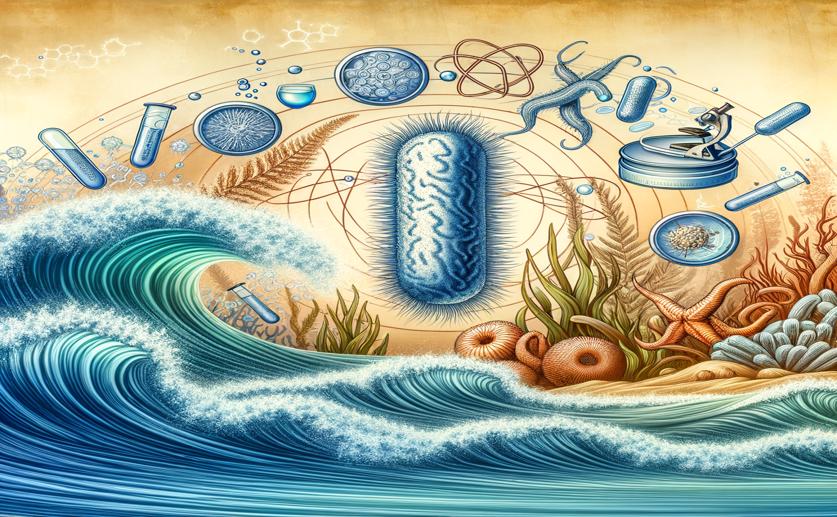
Probiotic Benefits and Safety of Marine Bacteria E3: A Complete Genome Study
Jim Crocker
16th May, 2024

Image Source: Natural Science News, 2024
Key Findings
- The study focused on the marine-derived Pediococcus pentosaceus E3, isolated from shrimp gut, to assess its probiotic potential
- E3 strain showed tolerance to low pH and high bile salt conditions, crucial for surviving the gastrointestinal tract
- The E3 strain's genome revealed no virulence factors or clinically relevant antibiotic resistance genes, supporting its safety for human consumption
References
Main Study
1) Marine Pediococcus pentosaceus E3 Probiotic Properties, Whole-Genome Sequence Analysis, and Safety Assessment
Published 15th May, 2024
https://doi.org/10.1007/s12602-024-10283-7
Related Studies
2) Probiotics, their prophylactic and therapeutic applications in human health development: A review of the literature.
3) Understanding the Probiotic Bacterial Responses Against Various Stresses in Food Matrix and Gastrointestinal Tract: A Review.
4) Integrated genome-based assessment of safety and probiotic characteristics of Lactiplantibacillus plantarum PMO 08 isolated from kimchi.



 18th March, 2024 | Jim Crocker
18th March, 2024 | Jim Crocker